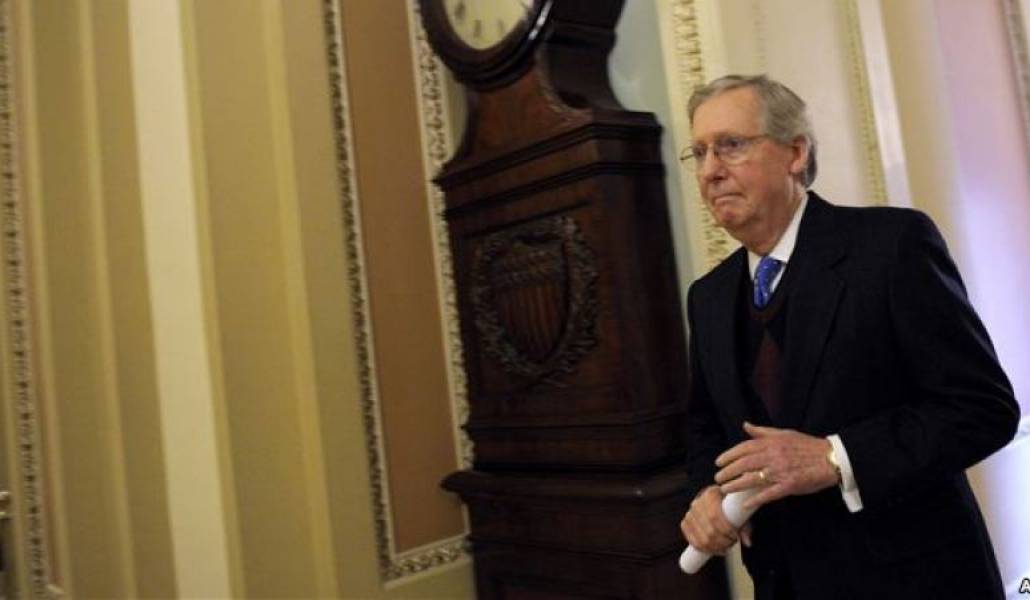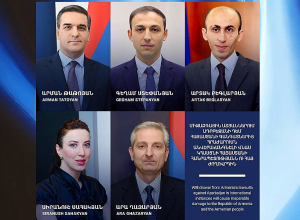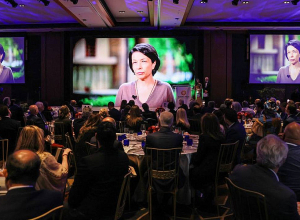US Congress shows No urgency on 'Fiscal Cliff'

Four days before Americans face massive automatic tax increases and deep federal spending cuts, Washington is showing no signs of forging a deficit reduction agreement to avert the so-called "fiscal cliff." Many lawmakers are absent from Washington altogether, and the rest are pointing fingers and casting blame.
Watching official Washington, one might not know the nation is teetering on the edge of the fiscal cliff. President Barack Obama returned from a Hawaiian vacation Thursday with no events on his schedule.
The House of Representatives is adjourned until Sunday. The Senate is in session, but debating a bill governing U.S. intelligence gathering, not the fiscal cliff.
That the House is closed for business at a critical time was noted by Senate Majority Leader Harry Reid.
"I cannot imagine their consciences. They [House members] are out wherever they are around the country, and we are here trying to get something done," he said.
The House adjourned last week after Republican Speaker John Boehner failed to muster enough votes to pass an extension of federal tax rates for all income up to $1 million a year, far above the $250,000 cut-off sought by Democrats.
A clearly frustrated Reid accused Boehner of employing heavy-handed tactics to block legislation and cast America off the fiscal cliff.
"The House of Representatives is operating without the House of Representatives. It is being operated with a dictatorship of the Speaker," he said.
A spokesman for Speaker Boehner said, "Senator Reid should talk less and legislate more."
In fact, both chambers are accusing the other of stymieing bills to avert the fiscal cliff. A House-passed bill that would extend all tax cuts for all income groups has not been taken up in the Senate, while a Senate bill extending tax cuts for income up to $250,000 a year has not been considered in the House.
The Senate's top Republican, Mitch McConnell, recounted a recent telephone conversation he had with President Obama.
"Last night I told the president we would be happy to look at whatever he proposes. But the truth is, we are coming up against a hard deadline here. This is a conversation we should have had months ago," he said.
Political analyst Larry Sabato of the University of Virginia is doubtful a bipartisan deal can be forged by New Year's Eve.
"It will take a miracle to keep us from going off the fiscal cliff. The most likely scenario is that we do go off the cliff, and then Congress acts," he said.
Sabato points out that Republicans who are loathe to vote for tax hikes now will not have to do so once taxes go up on all income groups on January 1.
"By then taxes will automatically have risen, dramatically, for most Americans. Then, instead of having to vote on a tax increase, they can vote to decrease taxes, at least in some categories for some Americans," he said.
Sabato says that however the fiscal cliff drama plays out, Washington has given itself another black eye, saying, "Congress has proven to be best at finger-pointing rather than legislating," Voice of America reports.



